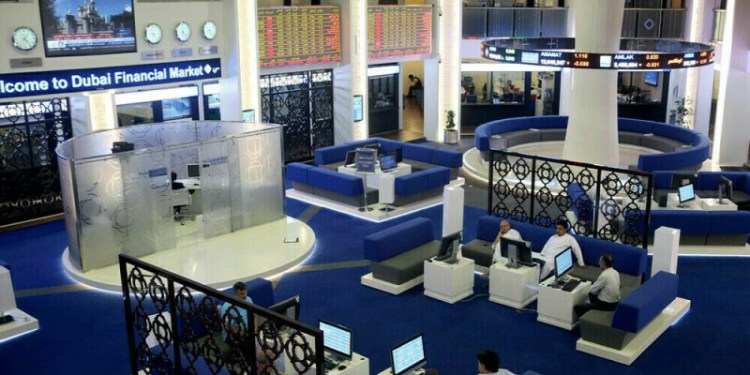By Ron Bousso and Libby George
LONDON (Reuters) – The Thames Oilport terminal near London opened on Wednesday after nearly four years of development, at a time a global oil glut and a collapse in fuel prices is making storage an attractive investment.
A first tanker, the Seaconger, carrying 21,000 tonnes of diesel was discharging at the terminal, built on the site of the Coryton refinery whose owner Petroplus went bankrupt in 2012, operator Greenergy said.
The terminal is due to be filled to its current capacity of 176,000 cubic metres with fuel, predominantly to serve the London region and southeast England, Thames Oilport said in a statement.
Thames Oilport is operated and partly owned by Britain’s largest oil storage company, Greenergy, while Royal Dutch Shell (RDSa.L) owns a third.
The companies plan to add 64,000 cubic metres of capacity by the end of September this year and while the terminal will initially be used to hold diesel, other fuels will be added.
“Significant progress has been made over recent months, both on site and in the planning process, and we now have a route map to turn Thames Oilport into a fully-fledged import terminal,” Greenergy Chief Executive Andrew Owens said.
The terminal will be capable of taking vessels of up to 60,000 tonnes, Greenergy said.
“This is a positive development for Thames Oilport. It offers storage facilities that we may use in the future,” a Shell spokesman said.
Thames Oilport is also connected to pipelines that feed other parts of the United Kingdom, including the CLH Pipeline System and the UKOP system, but neither Shell nor Greenergy have said if they intend to use them.
NEW TRANSACTIONS
The Coryton project has had a bumpy path since its start almost four years ago, with partners scrapping an initial plan for a larger terminal and Dutch storage company Vopak (VOPA.AS) selling its stake.
But the launch comes at a time when oil producers and traders are scrambling to store fuel as global supplies swell, a fact that has made investments in tanks highly attractive in recent years.
It also provides a much-needed import point for the United Kingdom, which relies heavily on diesel imports.
Greenergy last year formed a partnership with Macquarie Capital, the investment arm of Macquarie Group (MQG.AX) to buy Vopak’s UK assets as well as Greenergy’s North Tees storage assets in Teeside.
Owens told Reuters he plans to expand Greenergy’s operations in the United Kingdom and abroad and was looking for “material transactions”.
Greenergy also operates in Canada, the United States and Brazil.
Greenergy’s sales volumes rose in 2015 to 15.6 billion litres from 15 billion a year earlier while operating profit climbed to 16.4 million pounds from 13.6 million in 2014, according to the company’s annual report.
(Editing by David Clarke)



























